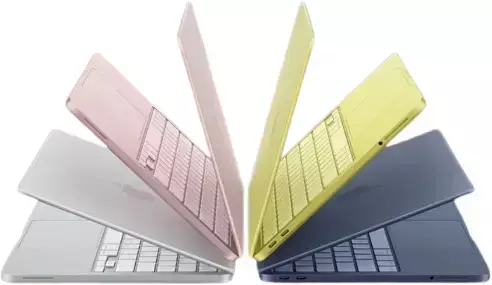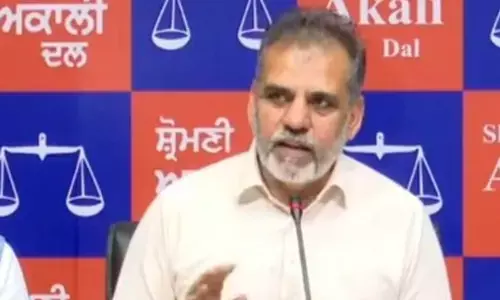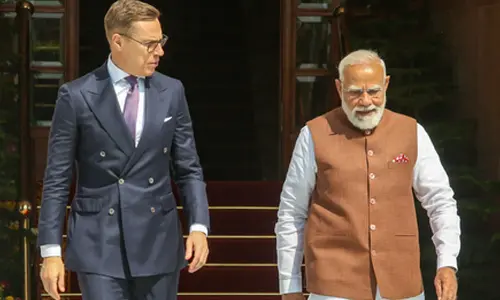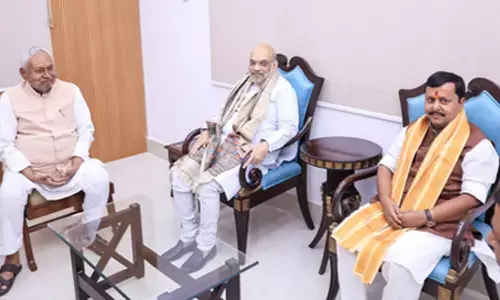MSME faces credit challenge amid mega transformation
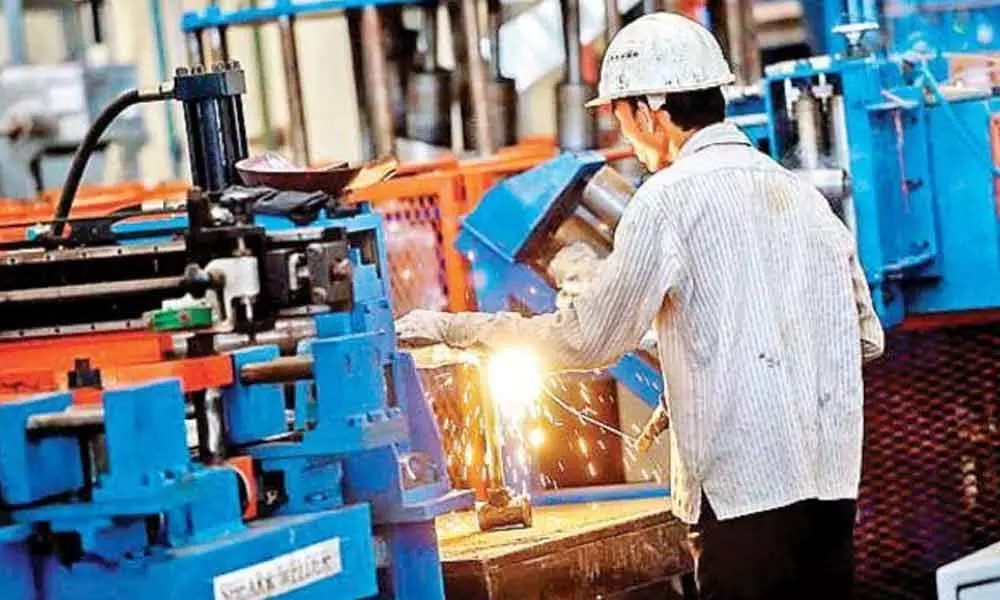
India's MSME sector is poised for a mega transformation in 2020, with the launch of an Alibaba-like e-marketplace, trendy yet affordable khadi products to appeal to the masses and digital data-based credit ratings to help entrepreneurs avail loans.
New Delhi: India's MSME sector is poised for a mega transformation in 2020, with the launch of an Alibaba-like e-marketplace, trendy yet affordable khadi products to appeal to the masses and digital data-based credit ratings to help entrepreneurs avail loans.
However, the MSME sector, often considered the bulwark of the economy as it contributes 29 per cent to the GDP and 48 per cent to exports, is in an urgent need of major reforms and policy interventions towards ensuring timely availability of low cost credit, improving ease of doing business and technology upgradation, to take on the formidable challenge of creating millions of jobs and achieving large-scale import substitution.
The Centre envisions a contribution of $2 trillion from micro, small and medium enterprises (MSMEs) as India eyes becoming a $5 trillion economy by 2024.
The Union MSME ministry helmed by Nitin Gadkari has also set a target of generating five crore additional jobs from the sector by then, two ambitious goals which would require a robust policy framework.
Gadkari recently said that the government will soon finalise extensive changes to the definition of an MSME, which experts believe is set to be a major reform for the sector and will improve the ease of doing business through changing the criteria for classifying MSMEs from 'investment in plant and machinery' to 'annual turnover' basis.
However, timely availability of low-cost credit remains a challenge.
According to Meghna Suryakumar, Founder & CEO, Crediwatch, India has more than 50 million small and medium enterprises which face the problem of liquidity crunch.
Out of these, only 15 per cent get access to formal credit due to the trust deficit that exists, and as they lack collateral. "They find it to be a risky investment.
And for the ones who get access to formal credit, they have to wait for four to six weeks to get their loan processed at a staggering rate of 16 to 24 per cent.
This scenario creates a debt financing gap of $1 trillion in the market and hence these small and medium enterprises are under-banked and underserved," Suryakumar said.
The government has also approached multilateral banks like ADB, World Bank and KfW to provide low-cost funds for the sector.
It has also declared plans to launch 'digital data-based credit ratings' of MSMEs to help entrepreneurs secure bank loans on the basis of these credit ratings.






